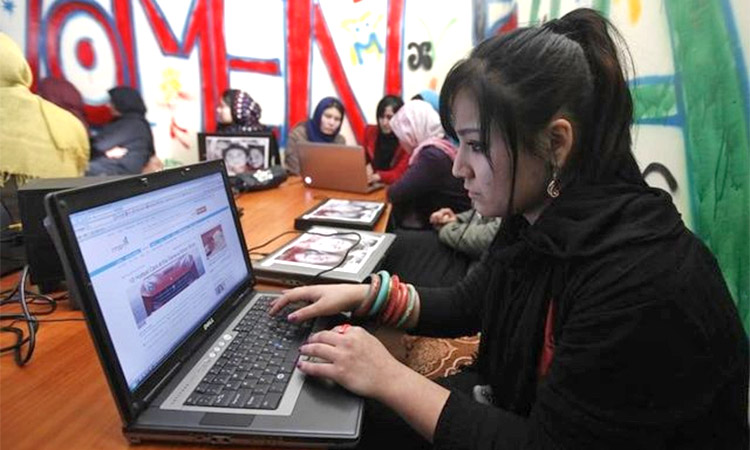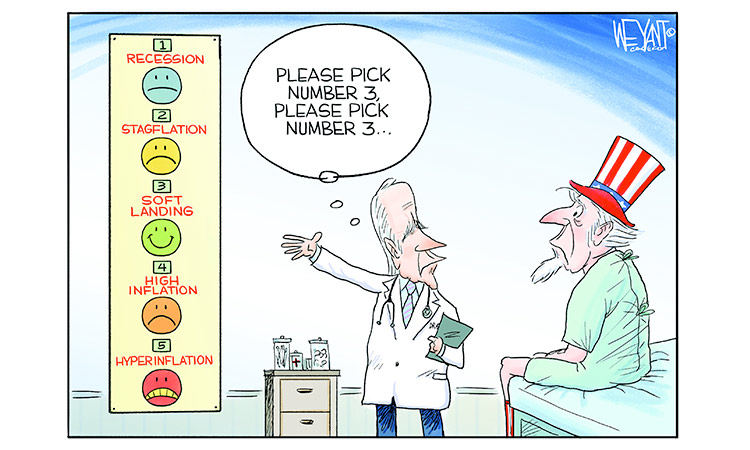The better path to a fair and open internet

Afghan women work at a first Internet cafe for women in Kabul. Reuters
Henry A. Waxman, Tribune News Service
Since the rise of the internet, there have been concerns that the dominance of a relatively small number of internet service providers could potentially threaten its open nature. I sought to prevent that outcome during my time in Congress by writing principles of net neutrality into law.
Under net neutrality, ISPs would be prohibited from blocking, throttling and allowing for paid prioritization of content. In other words, they could not prevent subscribers from accessing websites, slow down or speed up websites, or receive payment from content providers seeking to put particular websites or content “first in line.”
While we have come close to this goal, we have not yet achieved it. Instead, for more than 15 years, policymakers have been locked in an epic arm-wrestling match over net neutrality. That long delay and the need for resolution have created new momentum for Congress to act. I urge my former colleagues to reach bipartisan consensus and focus on locking in gains now rather than waiting until after the 2020 election.
Back in 2010, when I chaired the House Energy and Commerce Committee, we worked painstakingly to craft a net neutrality bill that would win bipartisan support. We brought competing industry and consumer groups together to forge a compromise that settled questions about how to keep the internet open.
The draft bill — it was never introduced — was far from perfect. It was based on the status of the industry at that time, for example, making distinctions between wireless and wired broadband rules that should not be made today, 10 years later. But it had broad support, and it would have created a baseline for net neutrality.
Unfortunately, House Republican leaders backed out. They knew they were likely to take control of the House and could rather write their own bill — or no bill — later. Republicans indeed took the House in 2010 and then failed to produce a bill.
Congressional inaction forced regulators to fill the void. First, the Federal Communications Commission tried to adopt regulations using its existing authority under the law. However, the D.C. Court of Appeals invalidated these rules, finding that they went beyond what the law permitted the agency to do. Then, in 2015, under the leadership of Chairman Tom Wheeler, the FCC’s approach was to reclassify ISPs as common carriers under Title II of the Communications Act, providing a jurisdictional hook for enforcing net neutrality rules without further action by Congress. I supported this action, but because of worries that the common carrier classification could open ISPs to further controls, others objected.
When the Trump administration took office, its chosen FCC chairman, Ajit Pai, quickly moved to repeal the Wheeler FCC rules. That action is now being challenged in the courts. To their credit, Democrats are not waiting for a court decision but are trying to bring legislative order to what has become persistent regulatory turbulence.
Key members of my old committee have introduced and passed through the House of Representatives the Save the Internet Act to restore regulations from 2015. I would have voted for this bill, but there’s one problem: It will probably die in the Senate in light of partisan opposition. History, I fear, is repeating itself.
And yet there are signs a legislative effort can gain sufficient Republican support. This is not based on wishful thinking, but rather on the express positions and actions of key Republicans. For example, Sen. Roger Wicker, working with Sen. Kyrsten Sinema, recently launched a bipartisan working group on net neutrality that could attract like minds and offer fresh approaches to settle this issue conclusively.
Net neutrality is one of an ever-growing list of communications policy issues that demand action by policymakers, including measures to expand rural broadband, deal with the growing concentration of economic power in digital industries, protect consumer privacy and secure cyberspace. These are the issues that will define the next decade and the next century. Let’s get net neutrality done now and bring certainty to how an open internet will be achieved across the country.
This battle should have been resolved a decade ago. It should fester no longer.







